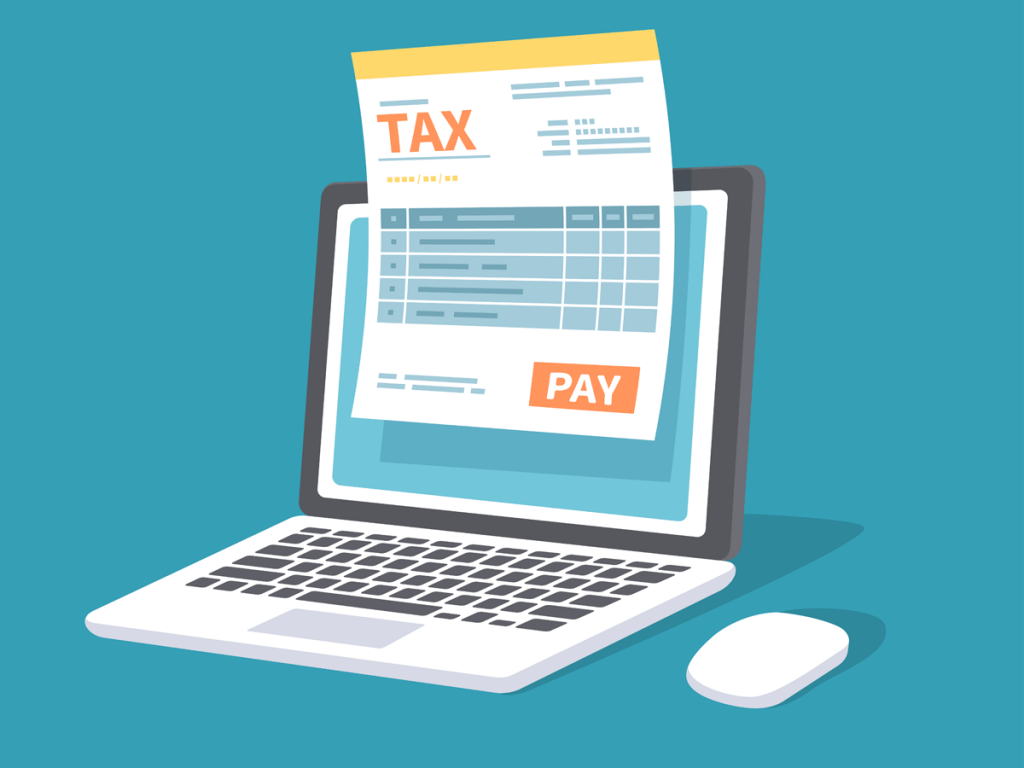
keywords: what is a tax free salary, indian tax law, tax free salary benefit
Tax free salary is a benefit offered by the government to the employees of state-owned companies. It is a very attractive proposition for anyone looking to work with state-owned companies.
The Canadian government is currently offering tax-free salaries to its employees. The salaries are being paid out of the company’s profits, with the understanding that these profits will be taxed at a much lower rate than if they were paid out of salary. Employees also get to keep their pension plans through their employer.
The salary that you receive as a government employee includes your base pay and all the allowances that you’re eligible for. The tax free allowance is calculated on this amount and deducted before calculating taxes.
Introduction: What is a Tax-Free Salary and How Does it Actually Work?
keywords: tax free salary, tax free income, salary tax free india, taxation of income in india
Tax-free salary is a kind of salary in which the employer pays the employee an amount of money that is exempt from income tax.
Tax-Free Salary and Taxation in India
In India, salaries are taxed at different rates depending on the type of employment and income. The rate ranges from 10% to 30%. The rate depends on whether you are employed or self-employed, and if you’re a senior citizen or not. For example, if you are employed as a senior citizen and your annual income is below Rs 10 lakhs, then your tax will be only 10%.
How to Avoid Pensions Contributions when taking a Tax-free Salary
keywords: how do you avoid pension contributions when taking a tax-free salary
Pension contributions are compulsory and they are deducted from your salary on a monthly basis. If you take a tax-free salary, then these contributions will not be deducted from your salary. You will be able to avoid paying pension contributions when you take a tax-free salary.
Some people don’t want to pay for the pension contribution because they think it is too expensive. They don’t want to pay for something that is not going to benefit them in the long run.
How to Save Tax with an NPS Account
keywords: how does an nps account work, how much can you save on taxes with an nps account
An NPS account can help you save tax up to 40%.
An NPS account is a retirement savings plan for employees of a company. It is a type of tax-saving investment vehicle that provides a number of benefits, including the opportunity to save tax up to 40%.
NPS accounts are an excellent way to save tax as it allows you to invest in government bonds and other securities. You can invest in any amount from Rs 500 per month, which will not affect your monthly income or salary. The interest earned on the investments made in NPS accounts is exempt from income tax.
The Benefits of Paying Employees Tax Free Salaries
keywords: benefits of paying employees a flat rate with no withholding or deductions, advantages of paying employees by the hour
Paying employees a flat rate with no withholding or deductions is an attractive and enticing option for employers. If you have the resources, it’s worth considering.
The benefits of paying employees a flat rate with no withholding or deductions are clear:
-It’s not necessary to withhold taxes from their salaries, which means that they don’t need to file their own tax returns
-They can take advantage of the Earned Income Tax Credit (EITC)
-They might be eligible for other tax credits and exemptions that are available only to those who don’t work at an hourly wage.
The advantages of paying employees by the hour include:
-It’s easier to calculate how much you owe your employees on payday without having to do any math
Important Tax Laws for Employees in India
keywords: indian income tax laws, the income tax act 1961
The Income Tax Act is the law that governs income tax in India.
The Act has undergone a number of changes since its inception in 1961. The most recent amendment was made in the year 2017, with the latest amendment being made to Section 115JB and 115JC of the Income Tax Act.
